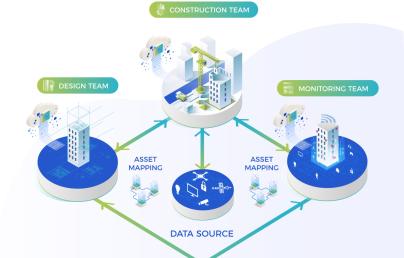Innovating financial investment in energy efficiency

Innovating financial investment in energy efficiency
The H2020 project SENSEI designs and tests innovative transaction models to enable energy efficiency upgrades within buildings. The key to these models is a concept named ‘Pay-for-performance (P4P)’, which verifies future cost savings to support financial planning.
The verification of cost savings is a novel feature separating the new P4P schemes from traditional Energy Service Company (ESCO) models. The SENSEI project explores how to reward energy efficiency in buildings as an energy resource and grid service to help the market take advantage of this approach. This can be applied to reduce building energy consumption, thereby supporting the power grid's stability in light of increasing energy demands and the prevailing energy crisis.
To guide professionals toward a better understanding of this innovative concept, SENSEI has developed an eLearning platform with tailored information for four stakeholder groups. Through the P4P model, building owners will benefit from better and more comfortable buildings, improved indoor climate, and a lower environmental footprint.
Energy providers are offered cost-effective options to ensure stability and adequacy of the energy system whilst pursuing decarbonisation. For ESCOs, P4P programmes offer an opportunity to increase revenue streams of energy efficiency projects. Lastly, policymakers can benefit from recommendations on how to adapt the legislative framework in order to support increased investments in energy efficiency.
Yet the benefits for both the environment and society are not to be forgotten as P4P can result in reduced energy consumption, thereby lowering emissions and improving quality of life.
Those interested in knowing more about Pay for Performance schemes and SENSEI models may find more information on the SENSEI knowledge platform.
For more information, contact
Project coordinator - Filippos Anagnostopoulos
Developer of/responsible for the EngageSuite e-learning platform - Nicklas Bang Bådum
pr_sensei_e_learning_tool_introducing_innovative_p4p_business_schemes.pdf
English (168.63 KB - PDF)

